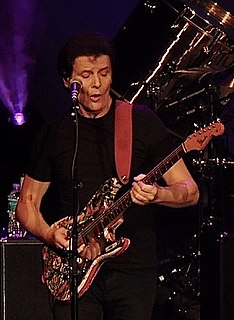A Quote by Pawel Pawlikowski
I have this theory that if you do a film, those who have not fallen asleep or left the cinema, they will live with the film much longer, and it will really enter their imagination and the subconscious much more profoundly.
Related Quotes
I'm planning some films in the U.K., and it will have pros and cons. It takes a lot more time to set up a film in the U.K., because you can't rely on much. In Greece, friends show up and bring what they can and you make the film. Well, that's a bit simpler than how it really is. But when you make a film with proper industries, it takes more time to synch all these things.
I just finished a film a few days ago, and I came home and said I learned so much today. So if I can come home from working on a little film after doing it for 45 years and say, "I learned so much today," that shows something about the cinema. Because the cinema is very young. It's only 100 years old.
I think sometimes there are films where I understand what they are about, but there are also some mysterious areas in the film where I haven't got the whole image and I haven't got everything. And then it stays much longer with me, because I have to somehow put myself much more into the film to get it. And so this is what I'm trying to do with my films.
More than my other films, Uncle Boonmee is very much about cinema, that's also why it's personal. If you care to look, each reel of the film has a different style - acting style, lighting style, or cinematic references - but most of them reflect movies. I think that when you make a film about recollection and death, you have to consider that cinema is also dying - at least this kind of old cinema that nobody makes anymore.
Essentially, the scripts are not that different. Let's say, in literary terms, it's the difference between writing horizontally and writing vertically. In live television, you wrote much more vertically. You had to probe people because you didn't have money or sets or any of the physical dimensions that film will allow you. So you generally probed people a little bit more. Film writing is much more horizontal. You can insert anything you want: meadows, battlefields, the Taj Mahal, a cast of thousands. But essentially, writing a story is writing a story.
I would make a huge distinction between theater improvisation and film improvisation. There isn't much improvisation in film - there's virtually none. The people that theoretically could be good at this in a theater situation don't necessarily do this in a film in a way that will work, because it's much broader on a stage. But in a movie, it has to be real, and the characters have to look entirely real because it's being done as a faux documentary, so there are even fewer actors that can do that on film.





































